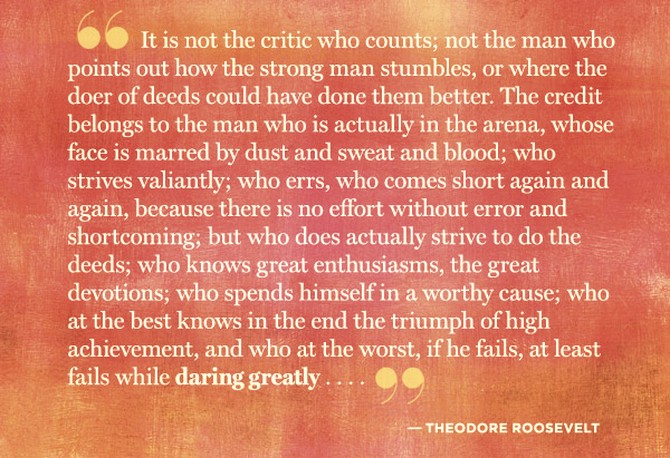*Deep breath.* I know I shared last spring that I am planning on returning to the classroom in 2020, but I have decided to start applying to return to the classroom this year. Many back-to-school events have already started, so at the moment I’m looking at last-minute positions that have opened up unexpectedly, with little to no classroom prep time before the kids are in school.
I have said many times that there will be many changes to my approach to teaching and learning when I return to the classroom–it’s hard to know where to even start! So I’m trying to mentally organize and distill the strategies, ideas, & priorities that have meant most to me over the years. Not only do I want be oriented for a potential quick jump back into a classroom, but I want to be articulate when interviewing with administrators about what matters most to me as a teacher. So here are a few stand-outs:
Lens of strengths over lens of deficit ~Lanny Ball
Writing and reading workshops for independent tinkering & exploration. Marina Rodriguez (& all the teachers over at Two Writing Teachers!)
Caring for students vs simply caring about them. ~Taryn BondClegg
Helping students start with their why. ~Taryn BondClegg (also Taryn’s Questions, Problems, Ideas board, which I like a lot better than my old suggestion box)
#ClassroomBookADay ~ Jillian Heise
Self Regulation ~Aviva Dunsinger, Christine Hertz
“I intend to…because…” by Marina Gijzen
Culture of agency ~ Edna Sackson
Culture of inquiry ~ Kath Murdoch
Soft Starts ~ Kathleen Neagle Sokolowski
Need for cultivating both reading skills and love of reading ~ Pernille Ripp
Holistic, integrated approaches to subjects ~ Anamaria Ralph
Learning through play ~ Kelsey Corter
I don’t know exactly what the future holds at this moment (keep in mind that this post is queued up and changes may happen before this actually publishes!) But I do know that, although I have missed being in the classroom over the last 5 years, I am profoundly grateful for the time I’ve had to read, learn, and discuss learning with teachers all over the world. They have been so generous with their own learning and strategies. A PLN is truly an incredible gift! Thank you to all here, and to many more not on this particular list!
featured image: DeathToTheStockPhoto

















